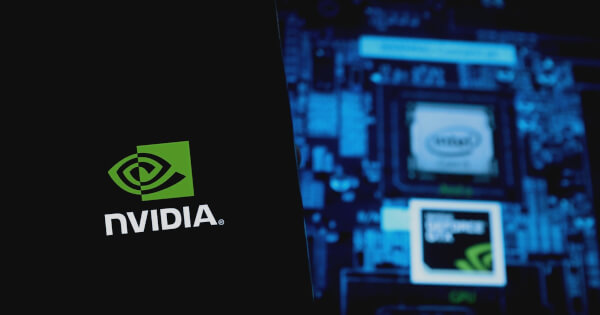Rongchai Wang
Nov 01, 2024 10:49
NVIDIA NIM microservices enable the creation of intelligent visual AI agents, offering real-time decision-making and automation through vision-language models and computer vision advancements.
The exponential increase in visual data, from images to streaming videos, has made manual analysis a daunting task for organizations. To address this challenge, NVIDIA has introduced its NIM microservices, which leverage vision-language models (VLMs) to build advanced visual AI agents. These agents are capable of transforming complex multimodal data into actionable insights, according to NVIDIA.
Vision-Language Models: The Core of Visual AI
Vision-language models (VLMs) are at the forefront of this innovation, combining visual perception with text-based reasoning. Unlike traditional large language models that process only text, VLMs can interpret and act upon visual data, enabling applications like real-time decision-making. NVIDIA’s platform allows the creation of intelligent AI agents that autonomously analyze data, such as detecting early signs of wildfires through remote camera footage.
NVIDIA NIM Microservices and Model Integration
NVIDIA NIM offers microservices that simplify the development of visual AI agents. These services provide flexible customization and easy API integration. Users can access various vision AI models, including embedding models and computer vision (CV) models, through simple REST APIs, even without local GPU resources.
Types of Vision AI Models
Several core vision models are available for building robust visual AI agents:
- VLMs: These models process both images and text, adding multimodal capabilities to AI agents.
- Embedding Models: These models convert data into dense vectors, useful for similarity searches and classification tasks.
- Computer Vision Models: Specialized for tasks like image classification and object detection, enhancing AI agent intelligence.
Applications and Real-World Use Cases
NVIDIA showcases several applications of its NIM microservices:
- Streaming Video Alerts: AI agents autonomously monitor live video streams for user-defined events, saving hours of manual review.
- Structured Text Extraction: Combines VLMs and LLMs with OCDR models to parse documents and extract information efficiently.
- Few-Shot Classification: Uses NV-DINOv2 for detailed image analysis with minimal sample images.
- Multimodal Search: NV-CLIP enables image and text embedding for flexible search capabilities.
Getting Started with Visual AI Agents
Developers can begin building visual AI agents by leveraging the resources available in NVIDIA’s GitHub repository. The platform offers tutorials and demos that guide users through creating custom workflows and AI solutions powered by NIM microservices. This approach allows for innovative applications tailored to specific business needs.
For more information, visit the NVIDIA blog and explore the available resources to enhance your AI projects.
Image source: Shutterstock









